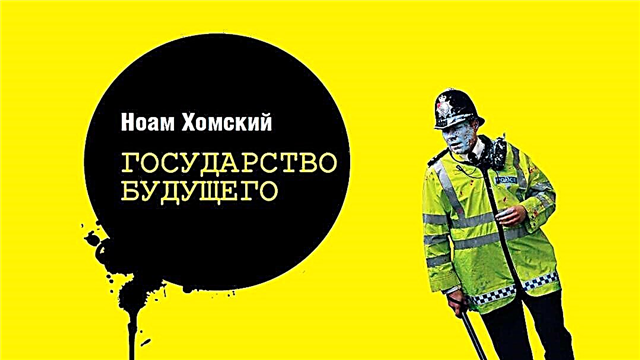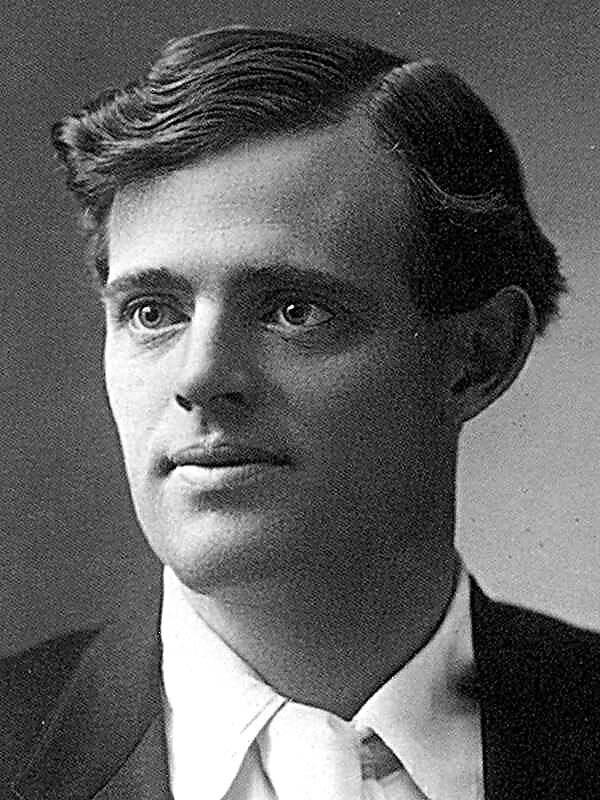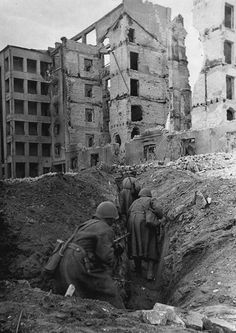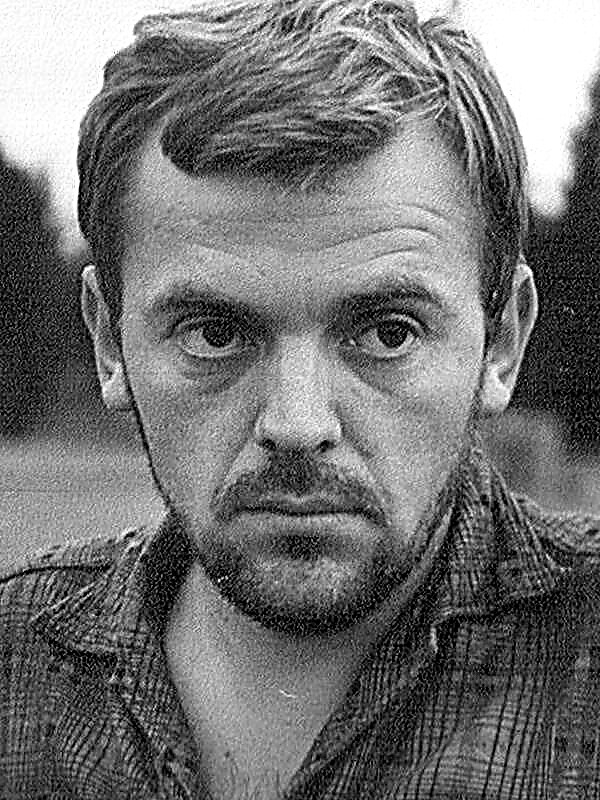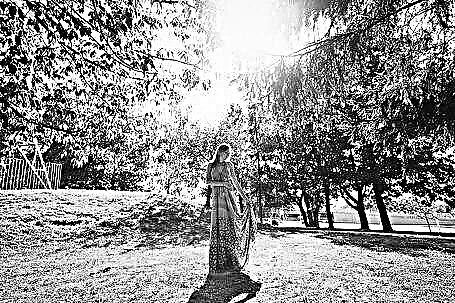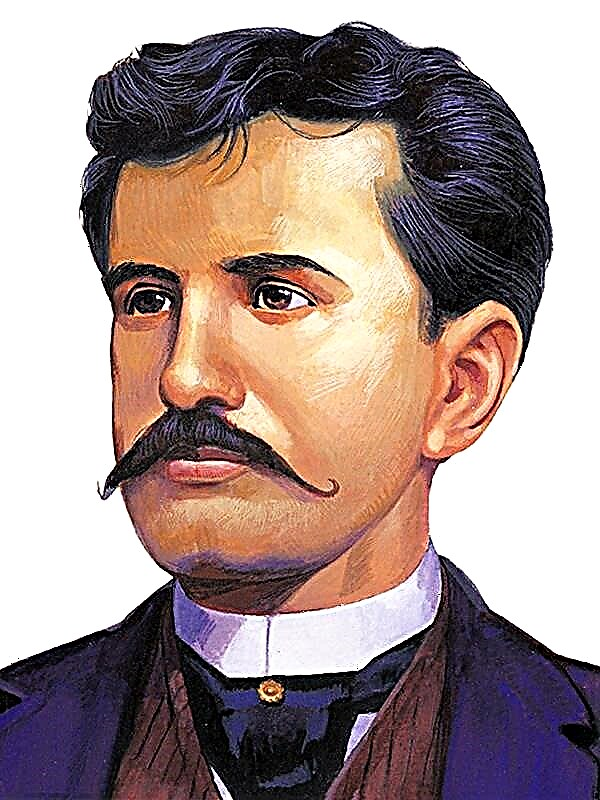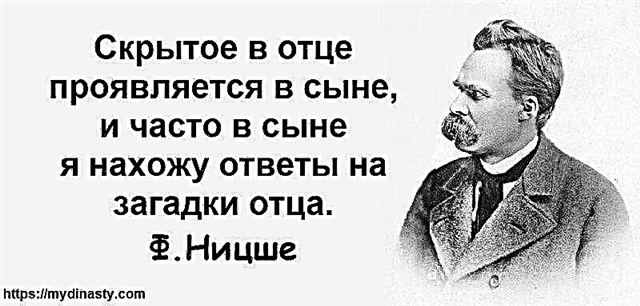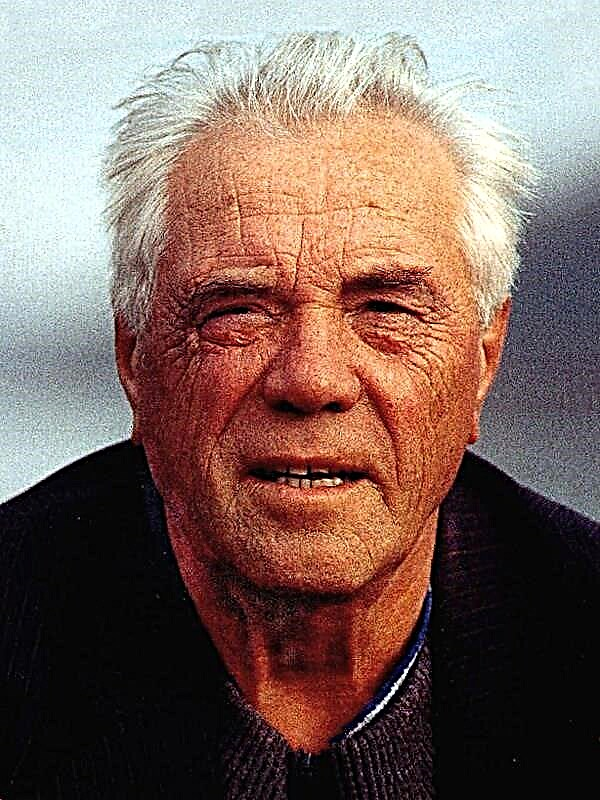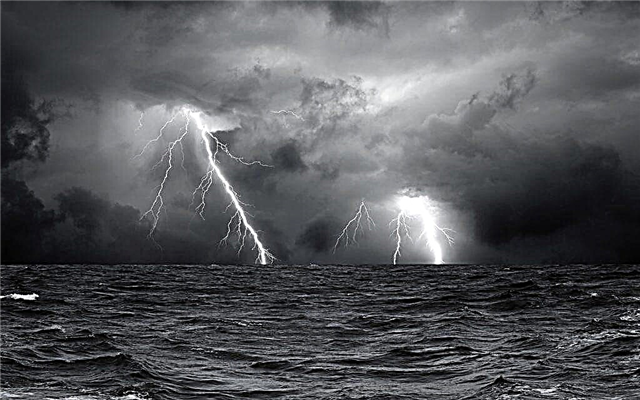I.A. Bunin can rightfully be considered one of the most poetic writers of Russian literature. Who knows, he would have been like that without having a difficult load on his shoulders. After all, the man spent the last thirty-odd years of his life in exile, lived in Paris. But France never became his second home, he hopelessly yearned for his homeland. Everything that was written by Bunin abroad is imbued with a sad love for Russia. He sincerely lamented the irreversibility of the era that had left with the revolution, gravitated to the past and was very worried about the fate of his native country.
History of creation
The work "Kosca" was written by the author in his second year in Paris, in 1921. Bunin lived there modestly, rather even begging, and therefore the fertile soils and fields of his native lands described in the story, dense forests, the wind of freedom and the anticipation of fertile abundance tell us about the writer's longing for Russia. And this was characteristic of his work abroad. Bunin almost did not write about his life there, since he did not find a haven and spiritual comfort. He wanted to write about the Motherland. Love for her sounded in him, a desire to regain her, to bond herself with her, as with a woman. That is why the “Kosca” are filled with sweet languor and at the same time the sadness of a Russian man who so longed for, but was unable to return to his native land again. The description of the birch forest as a living organism and the whole miraculous landscape atmosphere is not perceived only as the imagination of the author. It is as if Bunin reproduces from memory what he saw and recorded natural pictures that were seen in the Oryol lands. And there is some truth to this.
It is believed that the writer's memory of how he was returning on a boat from Saratov to Moscow with his older brother Julius was the basis for the creation of the work. The movers on the deck sang so joyfully and loudly that the Bunins were delighted with this, believing that only Russian people could sing so freely and carelessly. Later, Ivan Alekseevich was deprived of this feeling, being away from his homeland.
Genre, direction
The genre of the work “Kossa” is a story. But it can be called a poetic sketch, not forgetting about the important lyrical component of Bunin's work. Indeed, in the plot are the feelings and perceptions of the narrator, which arose under the influence of the singing of peasants who mowed grass in the forest.
The direction is realism. But in Kossa, as in some other works of Bunin, one can observe elements of impressionism. Here, the subjective perception of the reality surrounding him is especially pronounced.
What a story?
The story does not have a clear storyline. The author writes about walking along a high road with a satellite and saw peasants mowing grass in a birch forest. The peasants sang loudly almost in unison, worked harmoniously, and the forest seemed to respond to their singing voices and echoed them. This unique observation and singing itself amazed the author so much that all his senses instantly became aggravated and turned to the braids. Those were not local, but Ryazan men. They came to Oryol lands with help, gradually moving towards more fertile steppes.
Listening to the singing of the scouts, the author felt that he was one with them as a prototype of the whole Russian people. Their touching songs left a deep mark in the narrator’s soul, because, perhaps, he himself couldn’t fully admit to himself what the men were singing about. But the unity of their voices with nature is expressed very harmoniously due to the many epithets, metaphors and comparisons.
The whole story is permeated by the author’s feelings associated with a deep love for his native land and longing for those carefree pre-revolutionary times that have gone and never will return.
The main characters and their characteristics
Through the image of the mowers, Bunin conveys the essence of the Russian people, the strength of his spirit and unity with nature. Moreover, the author clearly indicates that this people is united in its impulse, talented, able-bodied and hardy. No force seems to be able to break it. And confirmation of this is the song. The sonorous voices of the K кос косts are famously carried through the forest and the field where they work. And birch trees and ears "sing along" to them, which inspires men even more. After all, they sing, though fun, but at the same time it is regrettable, as if saying goodbye to their native land as a symbol of hope and happiness. Their songs are a hymn to their country and all the blessings that it bestowed on them. Songs - farewell with gratitude and low bow for the opportunity to live and enjoy life. And the pleasure for the scouts is in very simple things, such as drinking spring water and having dinner in a clean field, so that later with renewed vigor we can return to work.
The feelings and thoughts of the author, who feels his kinship with the braids, form the basis of the story. Thanks to them, he is one with the Motherland, capable of approaching the soul from a distance.
Topics
- Homeland theme. Since all the work of the expatriate period of Bunin is riddled with thoughts about the tragic fate of Russia, the author’s love for his country can be considered the main theme of the story “Kosca”. Through the love of her, the love of the writer and her people is reflected. In his work, Ivan Alekseevich reflects on him, on the path that he follows, his fate and harmonious union with nature.
- Directly, nature theme in "Kossa" is inextricably linked with the theme of love for the country. Trees, wind, field, forest are described as heroes of the work, acting on the same level as peasants mowing grass.
- Reflections on the fate of the country. The road as a symbol of the temporary connection of generations comes to the fore in the story. This is a special image in Russian literature, and Bunin could not ignore it. The road for him as a poet in prose was the personification of an imitation of the constancy of the historical course of time. But in the very first lines, the author contrasts the harmony of man and nature with the real state of things, namely the collapse of all hopes for the future along with the collapse of Russia. The writer heavily accepted this fact, and his sufferings far from his native shores were echoed in his work. Therefore, the theme of the Motherland in the story “Kossa” became the embodiment of the image of a country that was alive in the rainbow light, which remained alive only in the good memories of its people. Bunin reflected all his love for Russia and tried to convey the bitterness of life beyond its borders.
Problems
The problems as a circle of issues considered by the author in the work “Kosca” are expressed in the socio-political aspect, national-historical, philosophical, social. Through the thoughts and feelings of the narrator, which were awakened from the touching songs of the peasants, it becomes possible to recreate the image of the country in which the author was born, found inspiration and began to create. The main problem of the work is, first of all, the irreversibility of the past, the irreversibility of time, which will never come back.
Bunin touches on the problems of time and eternity, the meaning of life, a person’s place in society, his role in history. The theme of nature especially emphasizes and reveals them.
The main idea
In the story "Kosca" I.A. Bunin sought to convey to the reader his strongest feeling, this is the main idea. This feeling is love for Russia. And in the attachment of the Russian people to his land, he pointed to doomed hopelessness at the turn of the epoch, when the old world collapses before our eyes, and a new stage of creation does not come to replace it.
By the example of singing peasants, the author suggests that wherever a Russian person appears in the country, he will also be full of feelings of lightness and enthusiasm, demonstrating serenity, naturalness and spontaneity with his whole being. According to the writer, this is what is peculiar in the song exclusively to Russian people. At first glance, the braids sang, and in truth the soul of Russia sang. This is the meaning of the work.

